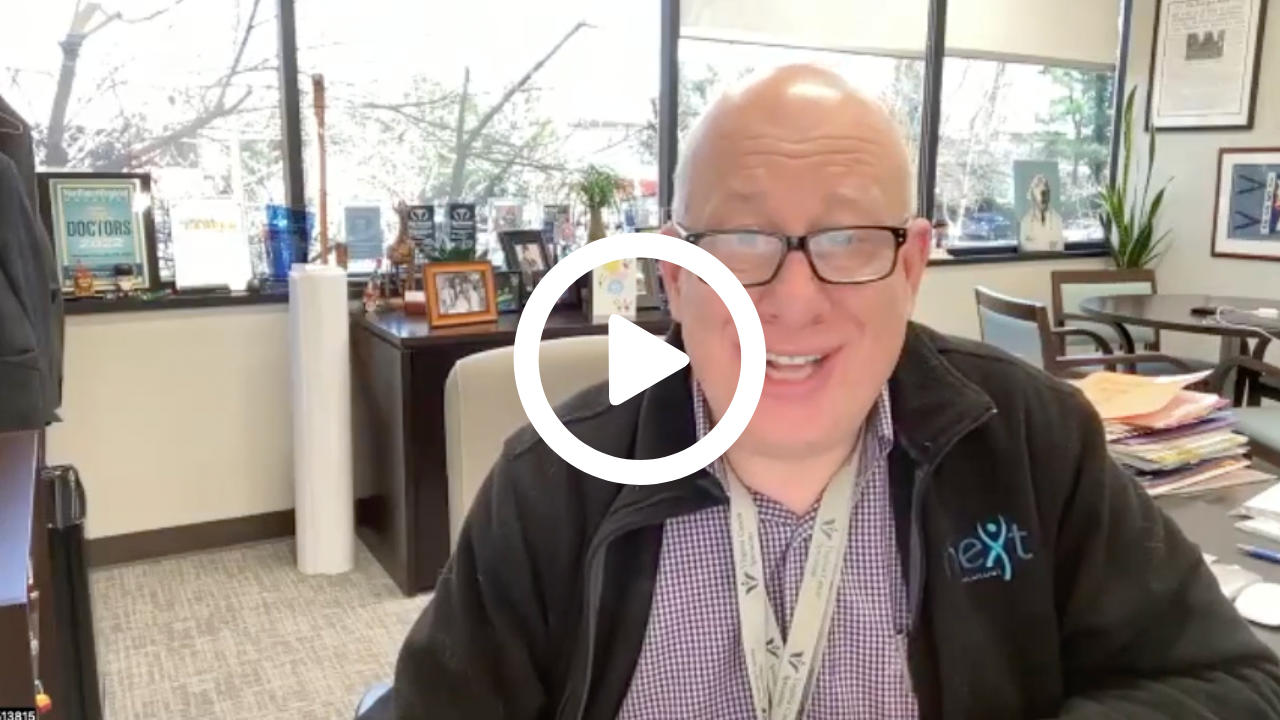FDA Grants Breakthrough Therapy Designation to Sunvozertinib in EGFR Exon20+ NSCLC
Sunvozertinib was granted breakthrough therapy designation by the FDA for the first-line treatment of patients with locally advanced or metastatic non-small cell lung cancer harboring an EGFR exon 20 insertion mutation.

- Sunvozertinib (DZD9008) was granted a breakthrough therapy designation (BTD) from the FDA as a first-line treatment for a specific type of lung cancer.
- Early clinical trial results show that sunvozertinib is effective and well-tolerated in patients with EGFR exon 20 insertion mutation-positive non-small cell lung cancer (NSCLC).
- Sunvozertinib is already approved in China for the treatment of patients with EGFR exon 20 insertion mutation-positive NSCLC who have progressed on first-line treatment.
The FDA granted breakthrough therapy designation to sunvozertinib as frontline treatment for patients with locally advanced or metastatic NSCLC harboring an EGFR exon 20 insertion mutation.1
Findings from the phase 1/2 WU-KONG1 trial (NCT03974022) support this regulatory decision. In the global, multicenter study and at a median follow-up of 10.8 months, the confirmed objective response rate (ORR) was 78.6% and the median progression-free survival was 12.4 months among the patients treated with sunvozertinib at a dose of 300 mg in the first line (n = 9).1,2
These findings, which were presented at the 2023 European Society of Medical Oncology (ESMO) Congress, showed that looking at the safety data of 57 patients, the most common grade 3 or greater drug-related, treatment-emergent adverse effects (TEAEs) included blood creatine phosphokinase increase (17.5%), diarrhea (7%), lipase increase (5.3%), anemia (5.3%), QT prolongation (3.5%), and amylase increase (3.5%). All these TEAEs were clinically manageable, reversible, and 2 patients had a dose reduction while 4 discontinued treatment due to drug-related TEAEs.2
“We are delighted with the FDA’s decision granting the breakthrough therapy designation to sunvozertinib for first-line treatment, coming on the heels of earlier breakthrough therapy designation approval in later lines of therapy––a clear indication of sunvozertinib’s transformative potential in the treatment of patients with EGFR exon 20 insertion [mutation–positive] NSCLC,” said Xiaolin Zhang, PhD, chief executive officer of Dizal Pharma, in the press release.1
The WU-KONG1 study is exploring treatment with sunvozertinib in patients with previously treated and treatment-naive EGFR exon 20 insertion mutation-positive NSCLC when given at doses of 200 mg or 300 mg daily orally until discontinuation criteria were met.2
The primary end points being evaluated in the study include safety and tolerability and ORR per RECIST v1.1 criteria. A secondary end point of the study is plasma concentration of sunvozertinib.
Lung with cancer cells: © catalin - stock.adobe.com

“Multiple clinical trials have consistently demonstrated sunvozertinib’s significant clinical benefits to our patients. As a single, oral agent, it offers apparent advantages in both safety and patient compliance over chemotherapies and infusion,” continued Zhang.
Sunvozertinib already received breakthrough therapy designation from the FDA, as well as the Center for Drug Evaluation in China for the treatment of relapsed/refractory EGFR exon 20-mutant NSCLC.3 In China, sunvozertinib was granted approval in 2023 for the treatment of patients who progressed on first-line treatment.
New drug application submissions for approvals in the United States and European Union are expected in the same setting later in 2024.1
The approval of sunvozertinib in China was supported by results from the phase 2 WU-KONG6 study (NCT05712902; CTR20211009) in which the agent led to a confirmed ORR of 60.8% (95% CI, 50.4%-70.6%) in patients with advanced NSCLC with EGFR exon 20 insertion mutations after treatment with platinum-based chemotherapy.
Data from this study were also presented at the 2023 ESMO Congress. Here, results included findings from patients enrolled in the phase 2 WU-KONG15 trial (NCT05559645).
Looking at patients in both studies, the median duration of response was not reached among those treated at the 300 mg dose. Among those treated with the 200 mg or 300 mg dose, 50% of responders were still undergoing treatment. All the patients included achieved tumor shrinkage, and tumor response was observed in a variety of EGFR exon 20 insertion mutation subtypes.2
“Now enrollment for the global pivotal study in [the] relapsed and refractory setting (WU-KONG1 part B) has been completed, and we are going to report the study results as an oral presentation at the 2024 [American Society of Clinical Oncology] Annual Meeting. A randomized, global, phase 3 study in the first-line setting (WU-KONG28 [NCT05668988]) is well underway. This new breakthrough therapy designation will enable us [to] work more closely with the FDA and accelerate its clinical development and regulatory submission,” said Zhang, in the press release.1
REFERENCES:
1. FDA grants breakthrough therapy designation to sunvozertinib for the first-line treatment of patients with advanced non-small cell lung cancer harboring EGFR exon 20 insertion mutations. News release. Dizal Pharma. April 7, 2024. Accessed April 9, 2024. https://tinyurl.com/bdfy2j53
2. Yang JCH, Wang M, Chiu CH, et al. Sunvozertinib as first-line treatment in NSCLC patients with EGFR exon20 insertion mutations. Ann Oncol. 2023;34(suppl 2):S765. doi:10.1016/j.annonc.2023.09.2358
3. FDA grants breakthrough therapy designation for Dizal Pharmaceutical’s DZD9008 in patients with locally advanced or metastatic non-small cell lung cancer harboring EGFR exon20 insertion. News release. Dizal Pharmaceutical Co. Ltd. January 28, 2022. Accessed April 9, 2024. https://tinyurl.com/yu3vbjp9
Amivantamab/Lazertinib Shows OS and PFS Benefits in EGFR-Mutated NSCLC
April 21st 2025During a live event, Xiuning Le, MD, PhD, discussed updated intracranial efficacy, overall survival, and safety of amivantamab plus lazertinib in patients with EGFR-mutated non–small cell lung cancer.
Read More
Kim Evaluates New Regimens for EGFR+ Lung Cancer
January 20th 2025During a Community Case Forum event in partnership with the Medical Oncology Association of Southern California, Edward S. Kim, MD, MBA, discussed the FLAURA2 and MARIPOSA trials of newer regimens for EGFR-positive lung cancer.
Read More









